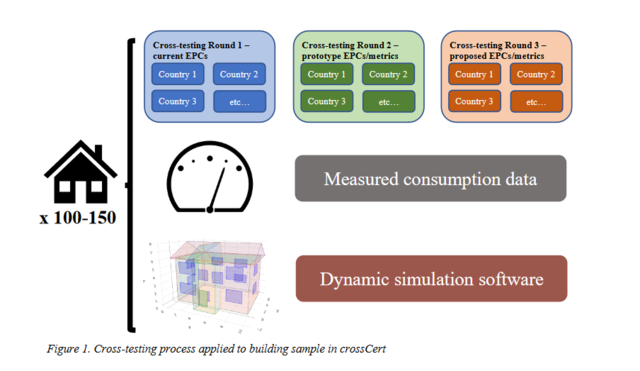To understand the argument for a different approach, this research will reflect on the changes that have occurred since the EPBD was first introduced, including improved access to high-performance building simulation and empirical energy data, new (e.g., heating) technologies reaching mass market, and the requirement of these simple energy rating calculations to enforce mandatory action, rather than provide advisory guidance.
The 2003 Energy Performance in Buildings Directive (EPBD) resulted in EU member states formulating standardised responses to grading and assessing the energy performance of their building stock. The 2018 update of the EPBD raised the possibility of using Energy Performance Certificates (EPC) for new metrics and applications, placing the challenge of upgrading our built environment under greater scrutiny. This includes attempting to quantify the “smartness” of buildings, as gauged by a “Smart Readiness Indicator”, but it also raises the question of where EPCs should go next – and, by extension, what can we reliably do with current EPC frameworks across Europe? Can new challenges, and targets, of a decarbonised building stock be met within the current scope of EPCs?
Read the paper originally published in the eceee Summer Study 2022 by clicking here!





